
How the talismanic cry came at midnight to (the ears of) the guest in the mosque.رسیدن بانگ طلسمی نیمشب مهمان مسجد را
بشنو اکنون قصهی آن بانگ سخت که نرفت از جا بدان آن نیکبخت
Now hear the tale of the terrible cry, by which that good-fortuned man was not dismayed.
گفت چون ترسم چو هست این طبل عید تا دهل ترسد که زخم او را رسید
He said, “How should I fear? for this is the drum of the Festival. Let the drum fear, since blows belong to it.
ای دهلهای تهی بی قلوب قسمتان از عید جان شد زخم چوب
O empty drums without hearts, your share in the festival of the spirit is (naught but) blows of the (drum-)stick.
شد قیامت عید و بیدینان دهل ما چو اهل عید خندان همچو گل
The Resurrection is the Festival, and the irreligious are the drum: we, like the festive folk, are laughing as the rose.”
بشنو اکنون این دهل چون بانگ زد دیگ دولتبا چگونه میپزد
Now hear how, when this drum boomed, he (the guest) cooks the pot containing the broth of felicity.
چونک بشنود آن دهل آن مرد دید گفت چون ترسد دلم از طبل عید
When that man of insight heard the drum, he said, “How should my heart be afraid of the drum of the Festival?”
گفت با خود هین ملرزان دل کزین مرد جان بددلان بییقین
He said to himself, “Beware, do not let thy heart tremble, for (only) the souls of the faint-hearted who lack faith have died at this (noise of the drum).
وقت آن آمد که حیدروار من ملک گیرم یا بپردازم بدن
The time has come for me, like Haydar (‘Alí), to seize a kingdom, or to quit the body.”
بر جهید و بانگ بر زد کای کیا حاضرم اینک اگر مردی بیا
He sprang up and shouted, “O prince, lo, here am I: if thou art a man, come on!”
در زمان بشکست ز آواز آن طلسم زر همیریزید هر سو قسم قسم
At his voice that talisman instantly was shattered: the gold poured down, diverse sorts, in every direction.
ریخت چند این زر که ترسید آن پسر تا نگیرد زر ز پری راه در
So much gold poured down that the youth feared lest, from its abundance, it might block the doorway.
بعد از آن برخاست آن شیر عتید تا سحرگه زر به بیرون میکشید
Afterwards that ready lion (valiant man) rose up, and till dawn he was carrying out the gold
دفن میکرد و همی آمد بزر با جوال و توبره بار دگر
And burying it and coming (back) to it once more with sack and bag.
گنجها بنهاد آن جانباز از آن کوری ترسانی واپس خزان
That self-devoting one laid by (great) stores thereof, to the confusion of (in despite of) the timidity of the backsliders.
این زر ظاهر بخاطر آمدست در دل هر کور دور زرپرست
(The thought that) this (is) external (material) gold has occurred to the mind of every blind, God-forsaken gold-worshipper.
کودکان اسفالها را بشکنند نام زر بنهند و در دامن کنند
(Similarly) children break potsherds, give the name of gold (to the fragments), and put them in their skirts.
اندر آن بازی چو گویی نام زر آن کند در خاطر کودک گذر
When in that game you mention the name of gold, (the idea of) that (potsherd) crosses the child’s mind.
بل زر مضروب ضرب ایزدی کو نگردد کاسد آمد سرمدی
Nay, (’tis) the gold stamped with the Divine stamp, (the gold) which does not become obsolete, (but) is everlasting;
آن زری کین زر از آن زر تاب یافت گوهر و تابندگی و آب یافت
The gold from which this (worldly) gold gained lustre and derived sheen and splendour and brilliance;
آن زری که دل ازو گردد غنی غالب آید بر قمر در روشنی
The gold whereby the heart is made rich: it surpasses the moon in brightness.
شمع بود آن مسجد و پروانه او خویشتن در باخت آن پروانهخو
That mosque was the candle, and he (the guest) was the moth: that man of moth-like nature gambled himself away (sacrificed himself).
پر بسوخت او را ولیکن ساختش بس مبارک آمد آن انداختش
It burnt his wings, but it complied with him (granted his desire): his throwing (himself into the flame) was very blessed.
همچو موسی بود آن مسعودبخت کاتشی دید او به سوی آن درخت
That man of happy fortune was like Moses who beheld a fire in the direction of the tree.
چون عنایتها برو موفور بود نار میپنداشت و خود آن نور بود
Since the (Divine) favours were plenteously bestowed on him, he (only) fancied it was fire, and really it was the Light.
مرد حق را چون ببینی ای پسر تو گمان داری برو نار بشر
O son, when you see a man of God, you suppose (that you see) in him the fire of human nature.
تو ز خود میآیی و آن در تو است نار و خار ظن باطل این سو است
You are coming (to that conclusion) from yourself, and that (human nature) is in you (not in him): the fire and thorns of vain opinion are in this quarter.
او درخت موسی است و پر ضیا نور خوان نارش مخوان باری بیا
He is the tree of Moses and filled with radiance: come, now, call him the Light, do not call him fire.
نه فطام این جهان ناری نمود سالکان رفتند و آن خود نور بود
Did not the weaning from this world seem (as) a fire? The pilgrims went (on their way), and that (weaning) was really the Light.
پس بدان که شمع دین بر میشود این نه همچون شمع آتشها بود
Know, then, that the Candle of Religion is always mounting (shining more and more): this is not like the candle of flames.
این نماید نور و سوزد یار را و آن بصورت نار و گل زوار را
This (flaming candle) seems to be Light, (but) it burns its friend, while that (Candle of Religion) is fire in appearance, but is (delicious as) roses to (its) visitors.
این چو سازنده ولی سوزندهای و آن گه وصلت دل افروزندهای
The former is like a complaisant (friend), but it is a burner, while that (other) is an illuminator of the heart at the moment of union.
شکل شعلهی نور پاک سازوار حاضران را نور و دوران را چو نار
To those present (with God) the appearance of the spark of pure and worthy Light is luminous, while to those far (from God) it is like fire.
Special Offers
by: Reza about (category: Masnavi, Persian Poetry)


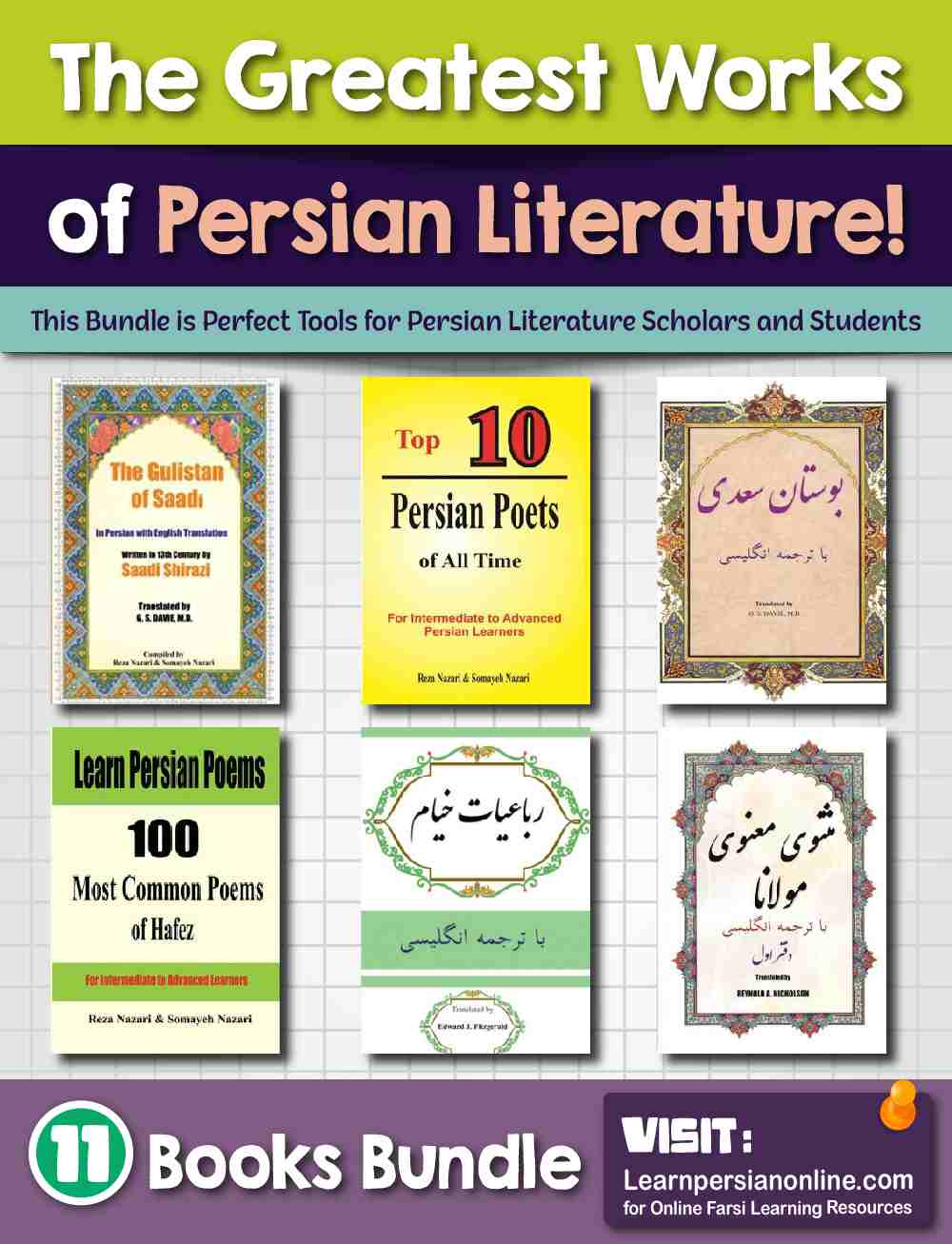
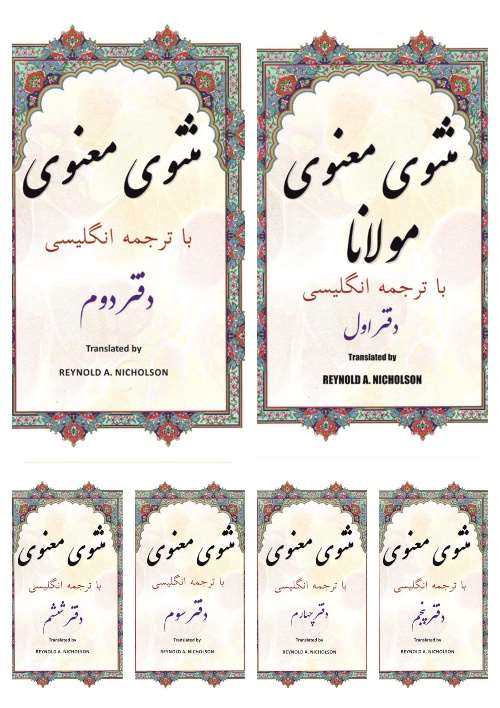
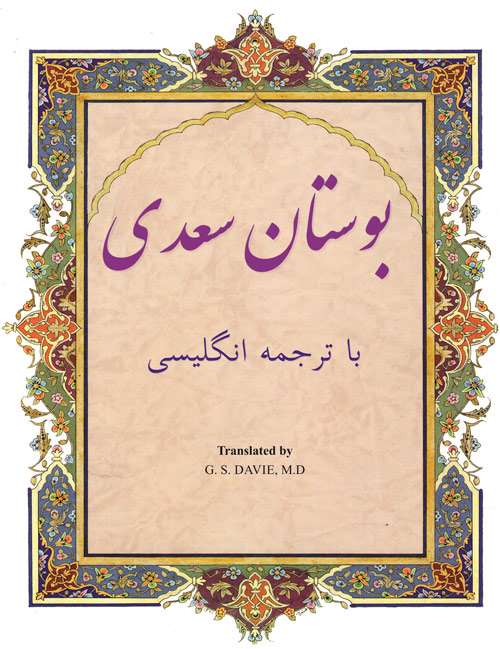
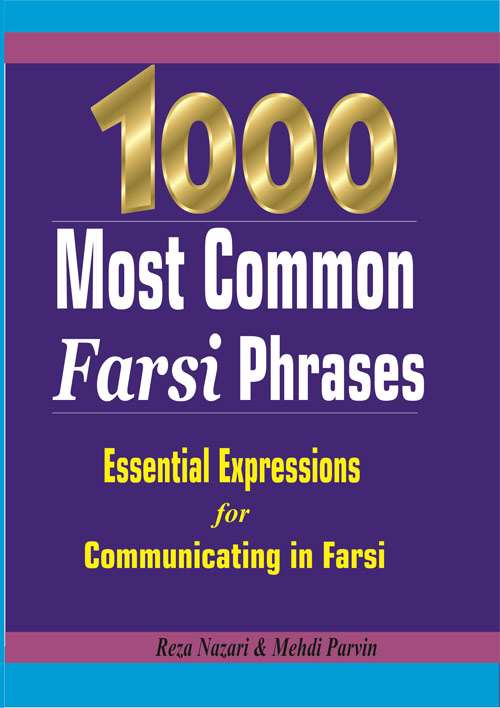
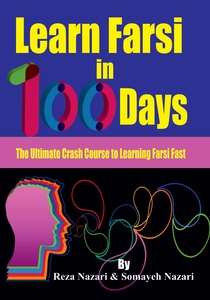






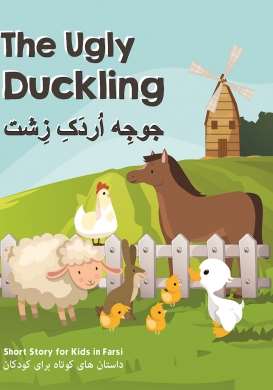
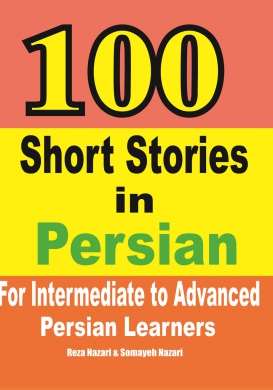
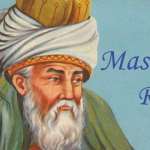
What people say about "How the talismanic cry came"?
No one replied yet.